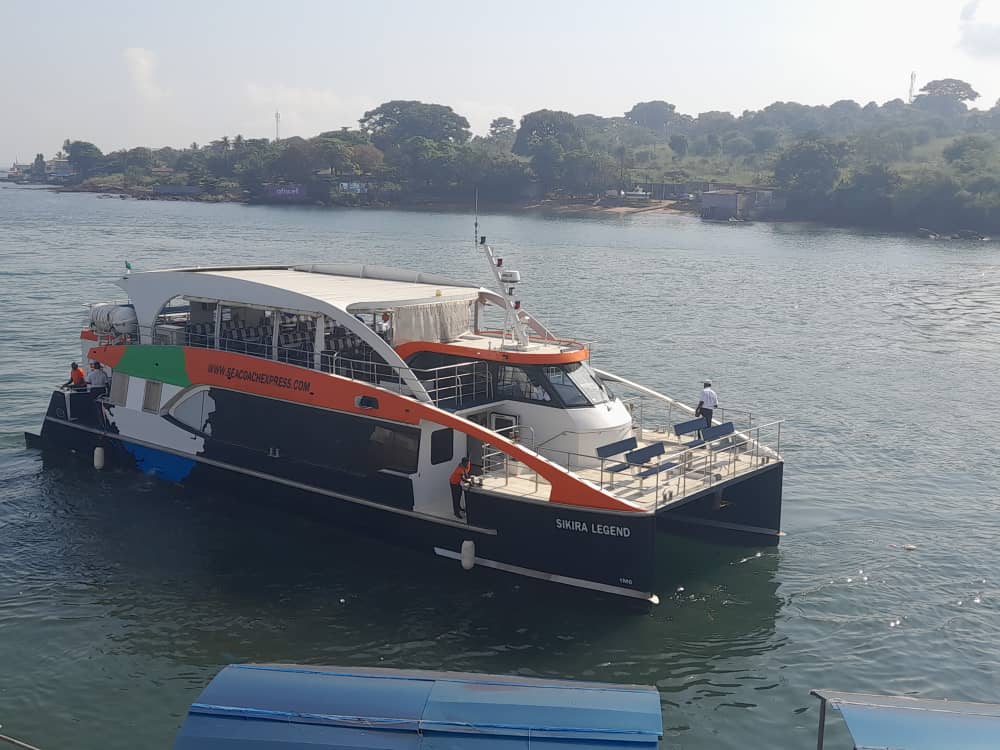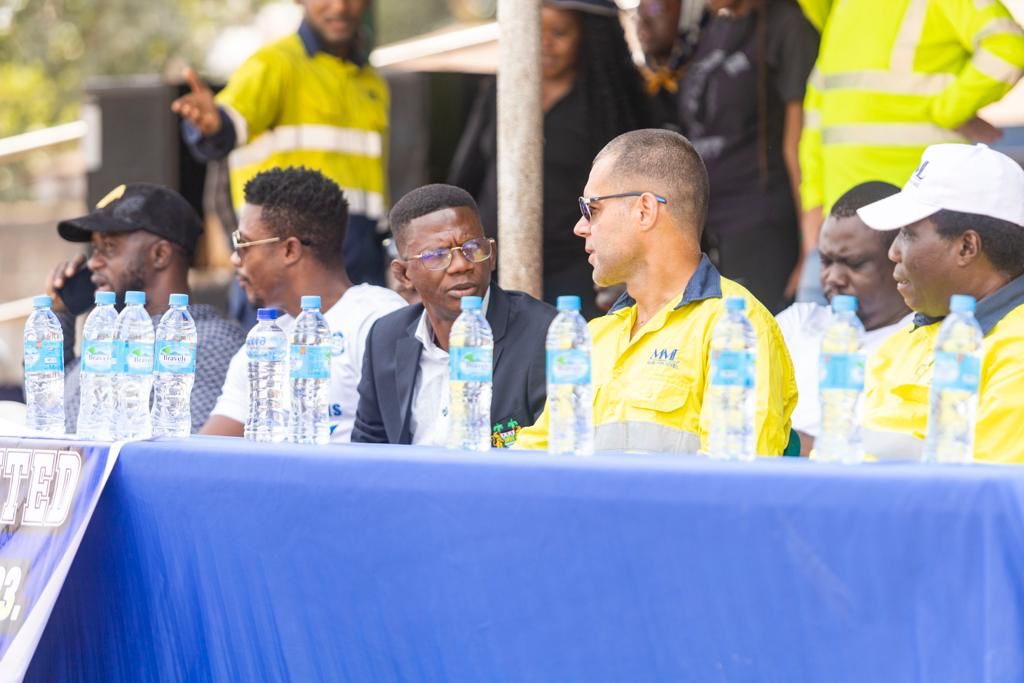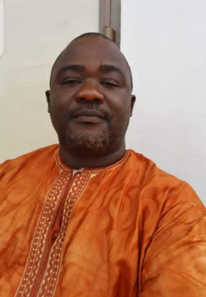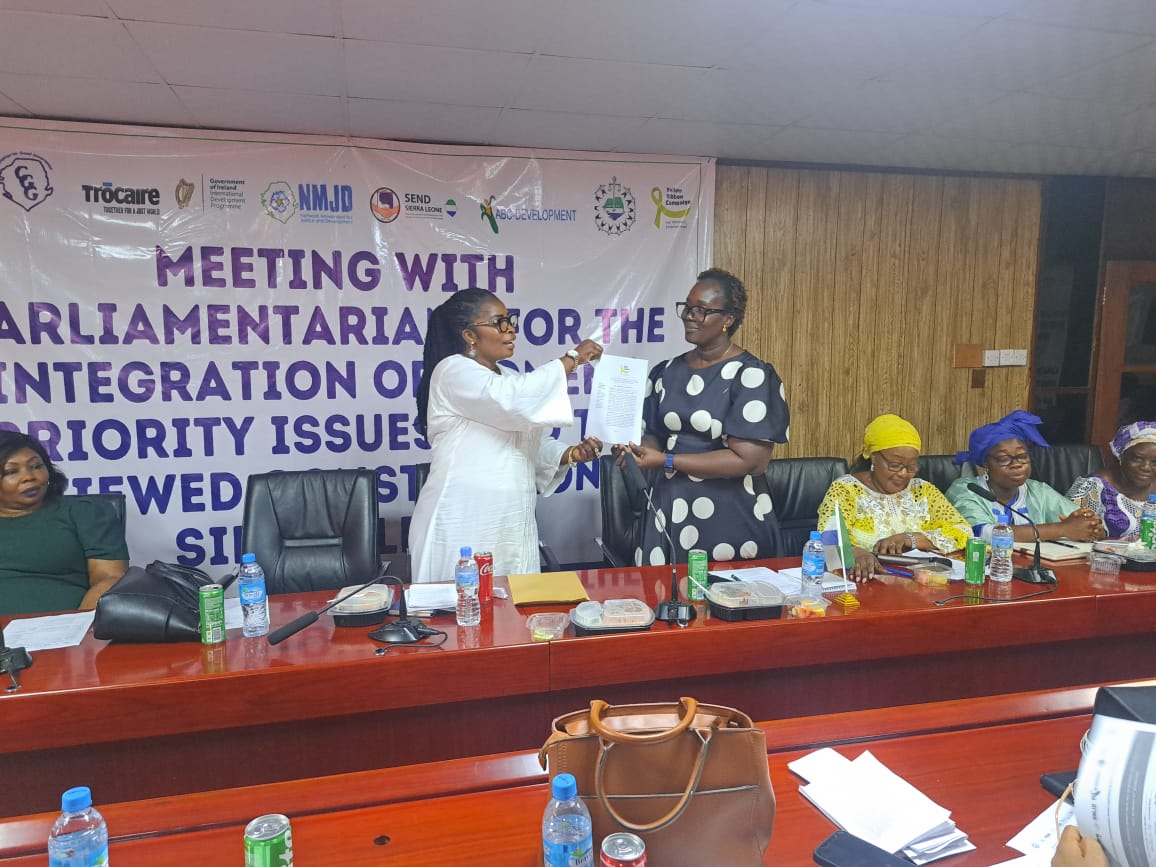NMJD Launches 2024 Social Audit Report
By Mohamed Konneh
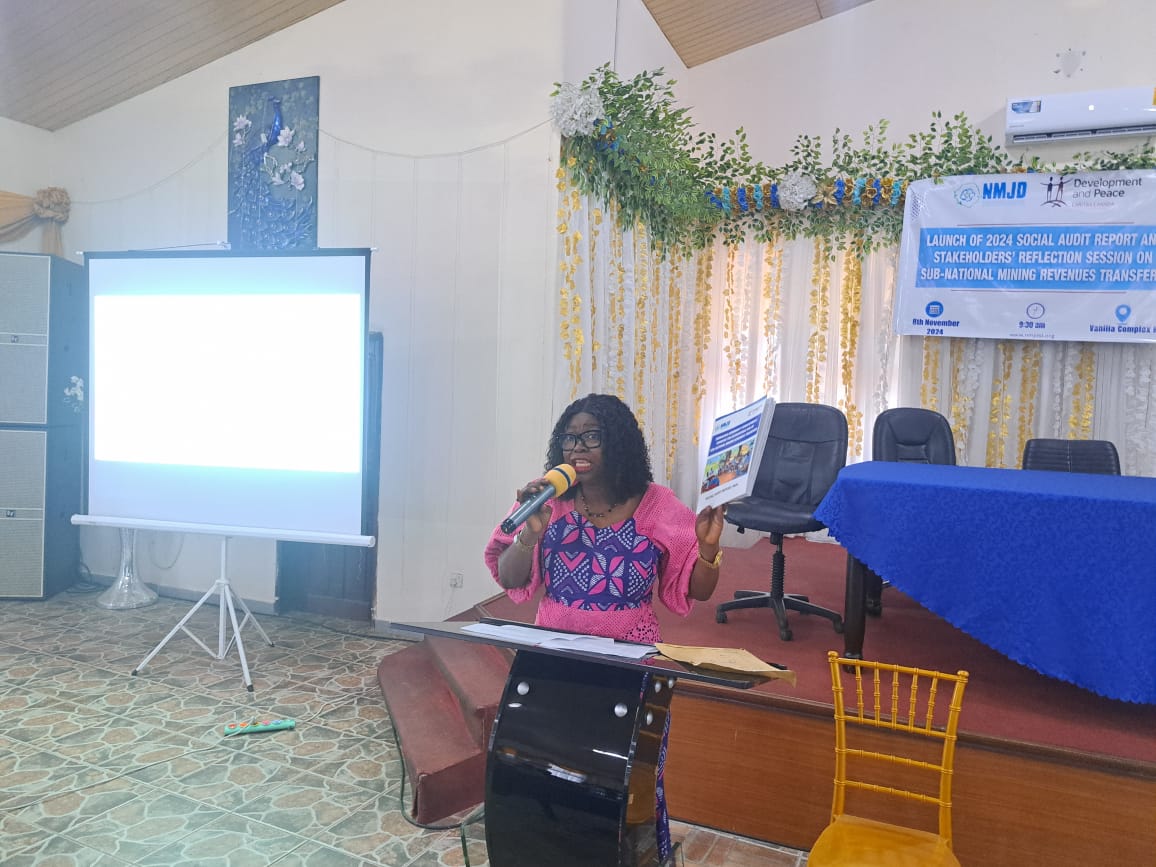
The Network Movement for Justice and Development with support from Caritas Canada-Development and Peace on Friday 8th November 2024 launched the 2024 social Audit Report and stakeholders Reflection session on sub-national mining revenues transfers.
The launching was done at the Vanila Complex, Aberdeen in Freetown, bringing together stakeholders in the mining sector including civil society and the media.
Launching the report, Neneh Alice James of SLANGO started with a personal story about living near the diamond district of Kono.
“I saw poverty on the face of people living in diamond rich district. I also saw women been deprived of their land where they do backyard gardening and I also saw people getting sick as a result of mining activities,” she said.
Madam James thanked NMJD for such an educative report adding that SLANGO identified itself with the work of NMJD.
She said the projects implemented by NMJD over the years continue to give voice to communities whose land have been taken away as a result of mining.
“The social audit is good because it help you to be better. Most times when it comes to audit people shy away from it. But social auditing is good because it makes you better. This social audit project is one that try to address a number of issues in community and that social audit is very much relevant at this time,” she said.
Madam James noted that there are lot of violations within mining communities and this is something we need to reflect over.
Giving the rationale of the report, the Executive Director of Network Movement for Justice and Development, Abu Brima said NMJD has been deeply involved in the social audit of the mining sector and that the launching is a reflection to look back at what have been done.
Mr. Brima noted that so much had been happening and there is every need to talk about the issues affecting communities.
He said when you go to communities, you realise that mining communities are the poorest and this is something we need to think and reflect on.
Mr. Abu Brima said natural resources is part of governance issues and it something we need to take seriously.
“Before this time nobody was talking about mining. This was so because when you talk about mining years back, you are either put in jail or even risk of losing your life. It was in 2000 that NMDJ took upon itself and start talking about mining and the sector,” Mr. Brima noted.
He explain about the reviews that have done ranging from the African mining vision, the Mines and Mineral Act and lot more regulations.
“As we talk about the sector, let us know that communities whose land have been taken for mining should be at the centre of every discussion. Communities must be part of the mining and it proceeds,” he demand.
Mr. Brima noted that with continuous engagement things are changing but the challenges are still there.
He said after the mines act was passed in 2009 0.01 percent was allocated to communities. But the companies did not pay a single dime.
This project will audit those funds and transfer to CDC and how those moneys have been used.
He said accountability is a huge challenge in Sierra Leone and it is something civil society needs to talk about always.
Making his presentation, Emmanuel Gbondo said social auditing evaluates community development programmes, assessing their effectiveness, relevance, and sustainability.
He said its plays a crucial role in the mining sector by ensuring transparency, accountability, and sustainable development.
“Social auditing assesses the resource extraction and benefits sharing, environmental impact, labour practices, worker safety, and human rights, thereby ensuring companies adhere to labour laws and respect local Indigenous communities' rights,” he said.
Mr. Gbondo noted that the Network Movement for Justice and Development is implementing the Social Auditing for Mining Accountability project intending to enhance transparency and accountability in payment methods, management, and use of sub-national mining revenues.
The project aims to improve transparency, promote good governance, and improve socio-economic development outcomes for residents in mining-affected areas in Sierra Leone.
The project operational districts include Kono, Kenema, Bo, Moyamba, and Bonthe, focusing on the management and utilization of mining revenues to communities.
Large-scale mining communities in Sierra Leone are among the poorest in the country -lacking basic amenities like safe drinking water, electricity, adequate and affordable healthcare, good education, and good roads.
NMJD and other civil society partners have been raising awareness of mining injustices and leading campaigns for policy actions. Despite the enactment of the new Mines and Minerals Development Act of 2022, which makes provision for a 1% (from one percent of one percent in the Mines and Minerals Act of 2009) annual gross turnover of mining revenues from large-scale companies for community development purposes, the situation of the communities affected by mining remains in dire need.
In order to sustain responsible leadership in the use of the Community Development Fund (the 1% of annual gross revenue of mining companies), Community Development Committees (CDCs) are established to make sure project reports are easily accessible, and mining corporations reveal their annual gross earnings.
In order to guarantee that impacted communities are fairly represented in talks and informed about results, it is necessary to close collaboration, representation, and communication gaps between CDCs and community members.





